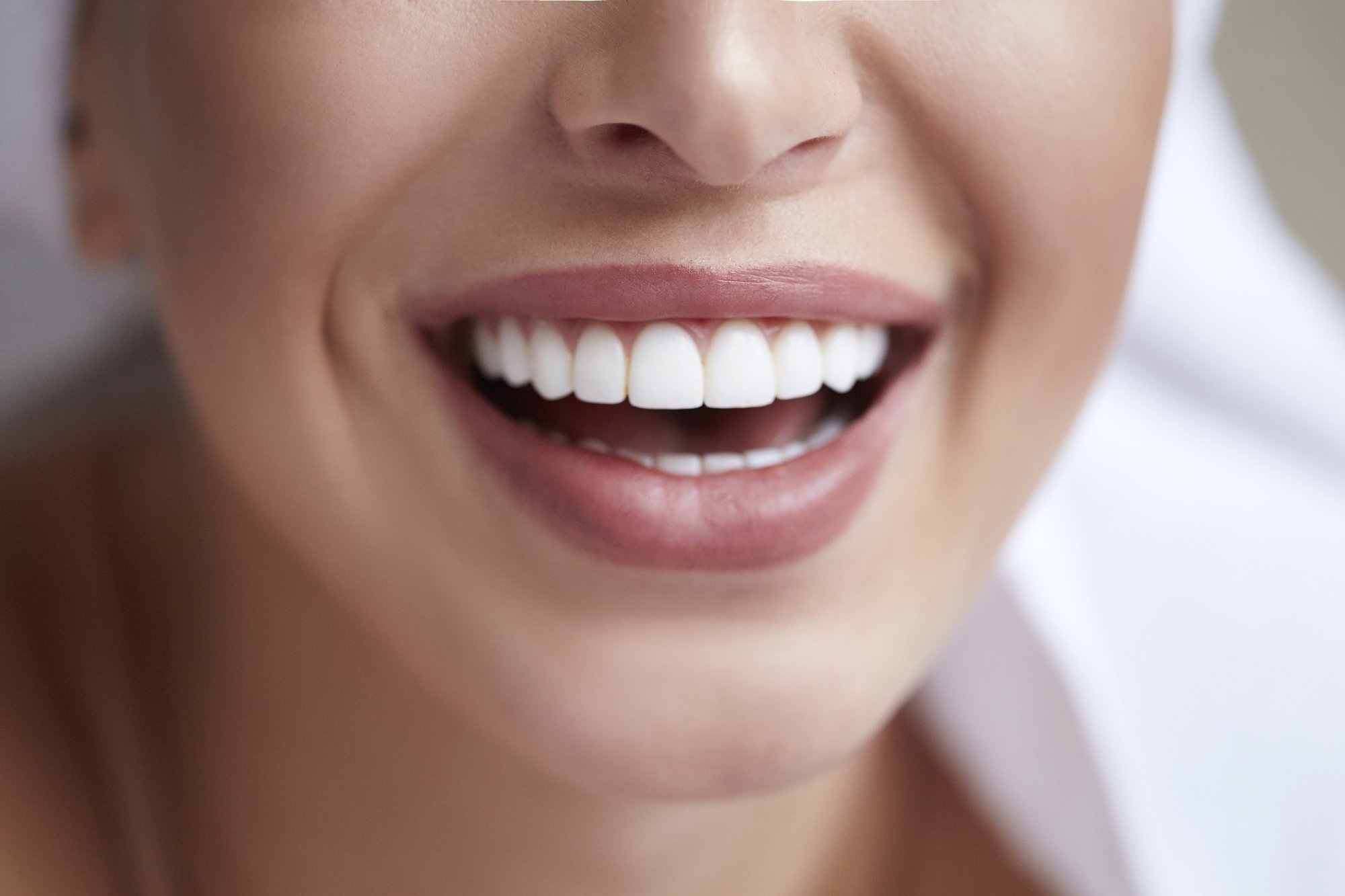
Want a smile that turns heads? Consider porcelain veneers! These tooth-colored shells provide patients with picture-perfect smiles that last. Dental veneers began as a temporary solution for famous actors and actresses to use during photo shoots and red-carpet events. Fortunately, veneers are now available to everyone!
In this blog, we’ll address the most common questions about dental veneers so you can decide if this cosmetic dental solution is right for you.
1. How are dental veneers placed?
Once a patient is approved for dental veneers, he or she will meet with their dentist to talk about the design of the veneers and any concerns he or she may have. Then, the dentist takes x-rays or impressions of the patient’s teeth. The final step of the first appointment is to prepare the tooth for the veneers. This process includes removing dental enamel from the teeth, then taking another impression to ensure the veneers fit perfectly. Temporary veneers are placed on the patient’s tooth until the permanent ones are ready.
During the next appointment, the temporary veneers are removed, and the permanent ones are placed. If the veneers aren’t perfect when they arrive, the dentist can make small adjustments to the shape and color to meet the patient’s expectations.
2. Do veneers require special care?
In short, no. Patients can treat their veneers like they treat their natural teeth by brushing twice a day, flossing daily, and using a mouthguard at night if necessary. Those with veneers may want to visit the dentist more frequently to ensure their teeth, gums, and veneers are healthy.
Patients should also avoid bad habits, such as biting their nails, chewing ice, using their teeth to open certain items, and using tobacco.
3. What are Lumineers?
Dentists often call Lumineers “no-prep veneers” because they don’t require any enamel be removed from the teeth. Rather than being made from porcelain, Lumineers are made from thin laminate. Also unlike porcelain veneers, Lumineers can be removed without causing severe damage to your teeth.
4. Are there any drawbacks to veneers?
Dental veneers cannot be removed without being replaced because the natural teeth are permanently damaged. Additionally, they are more expensive than Lumineers and other cosmetic dental procedures.
5. What alternative cosmetic procedures provide similar results?
Veneers can correct multiple aesthetic issues at one time which makes them superior to other cosmetic procedures. However, there are ways to achieve similar results. Patients may require one or more of these cosmetic solutions:
- Professional teeth whitening
- Dental bonding
- Orthodontics
- Tooth contouring
6. Who is a candidate for veneers?
Dental veneers are best for patients who have cosmetic concerns and an otherwise healthy smile. Patients with cavities, gum disease, or who suffer from bruxism are not good candidates for veneers. However, these issues can be corrected, allowing patients to receive veneers.
Additionally, patients must be willing to undergo the entire procedure and commit to quitting bad habits that could damage their veneers.
Dental Veneers in Woolgoolga
The best way to determine if veneers are right for you is to meet with an experienced cosmetic dentist like ours at Magic Smiles. We are passionate about helping patients achieve healthy, beautiful smiles. Dental veneers are just one of many ways we do that!
Call our friendly dental team today at (02) 6654-0650 to schedule an initial consultation.

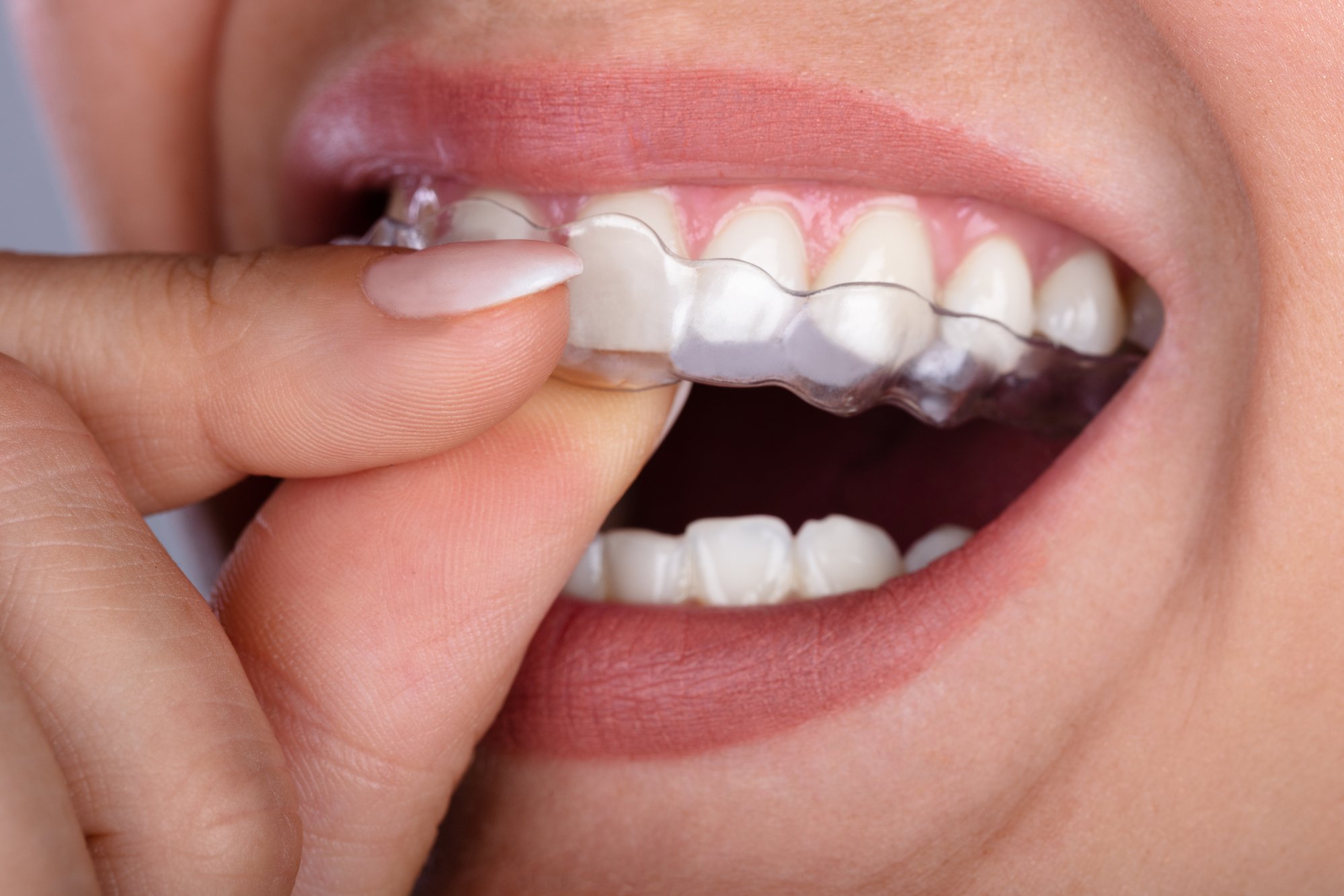
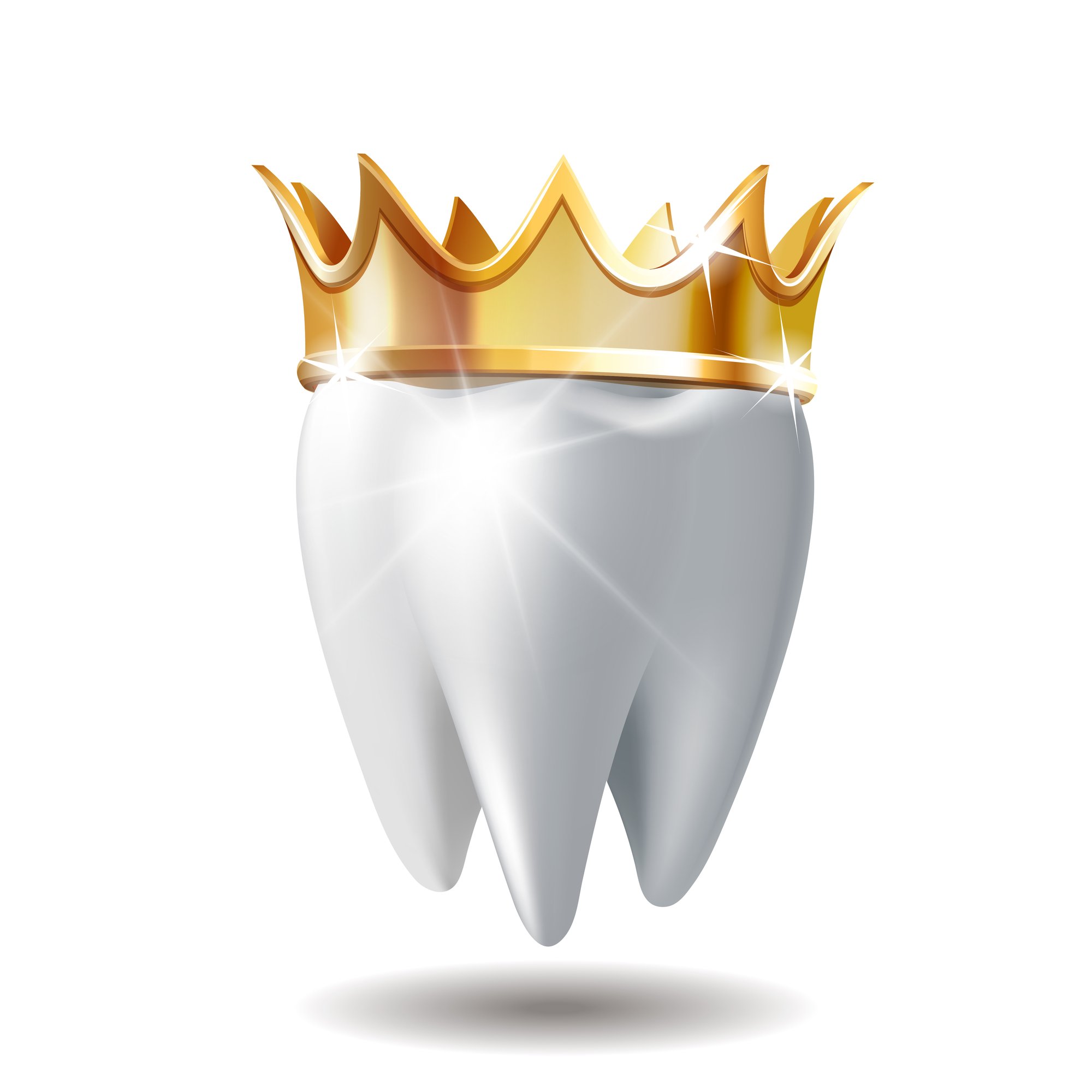
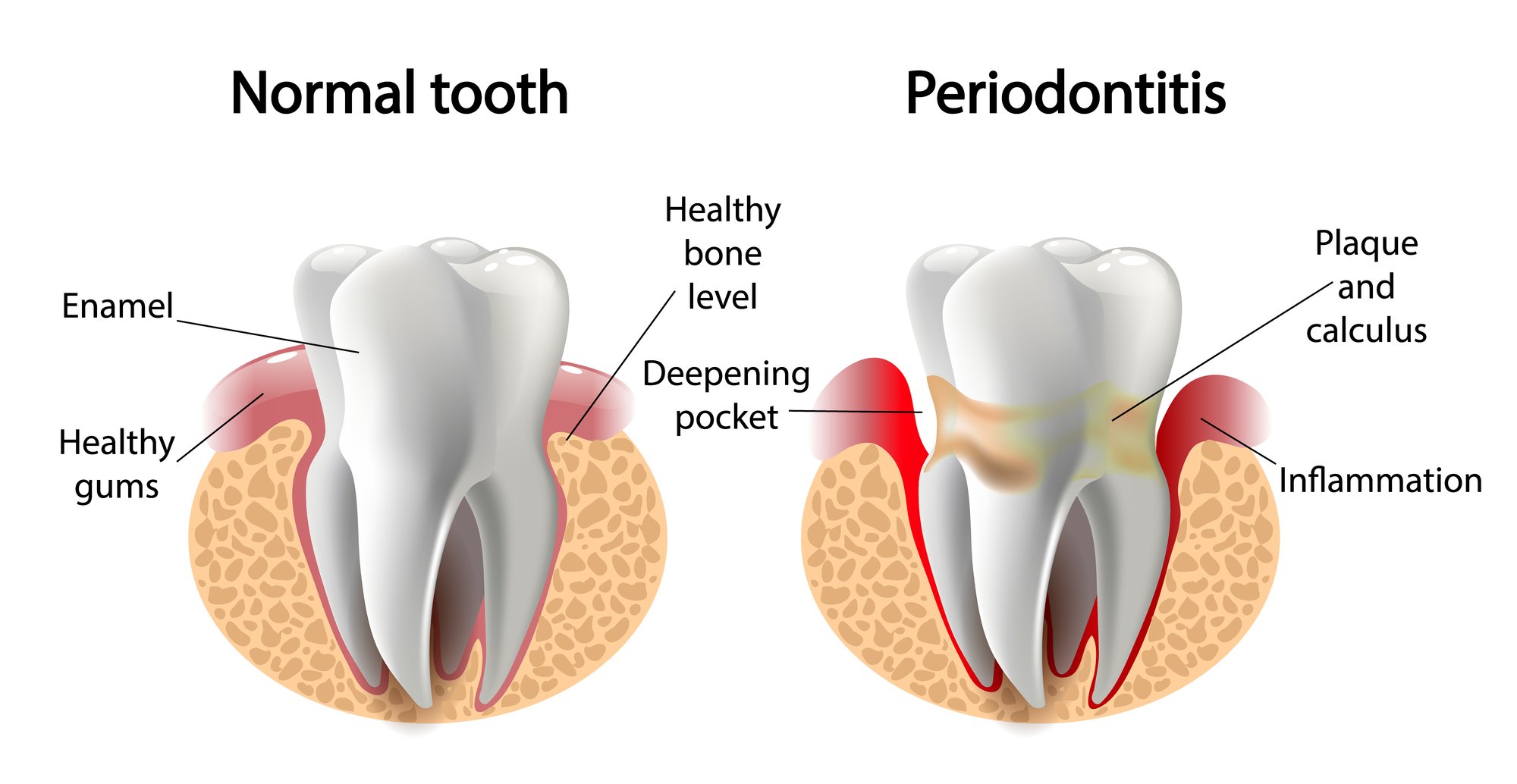



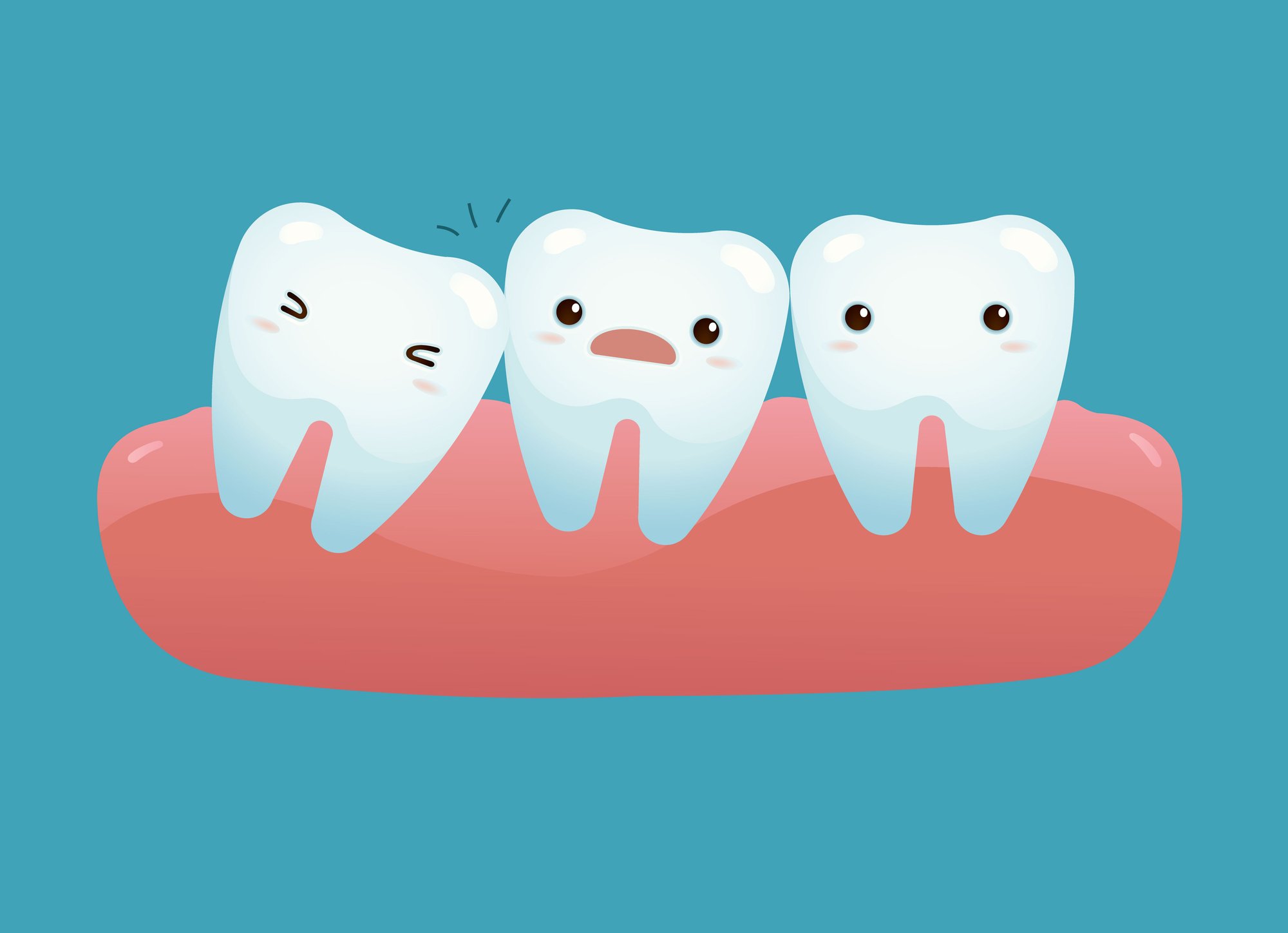
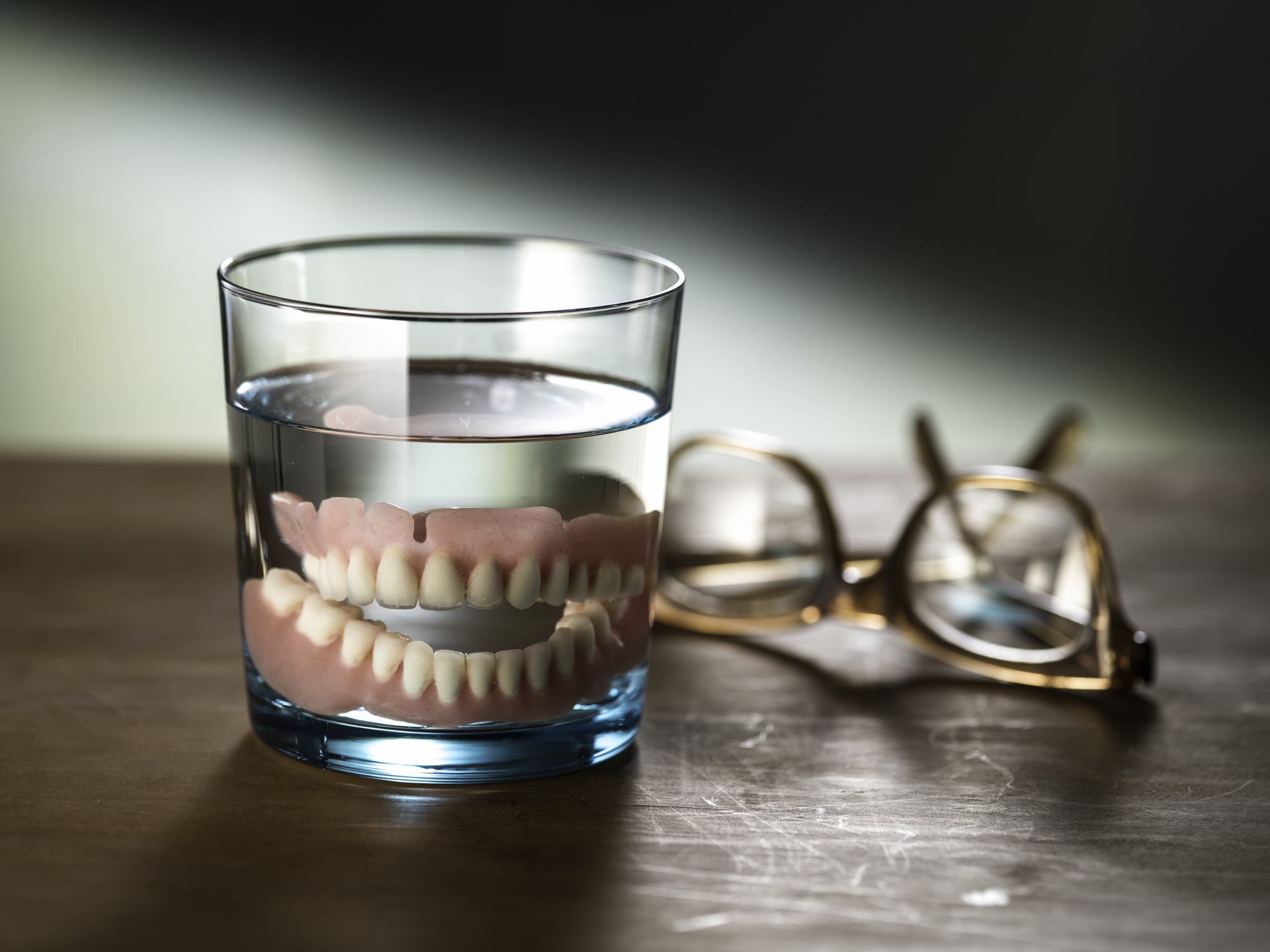



Recent Comments